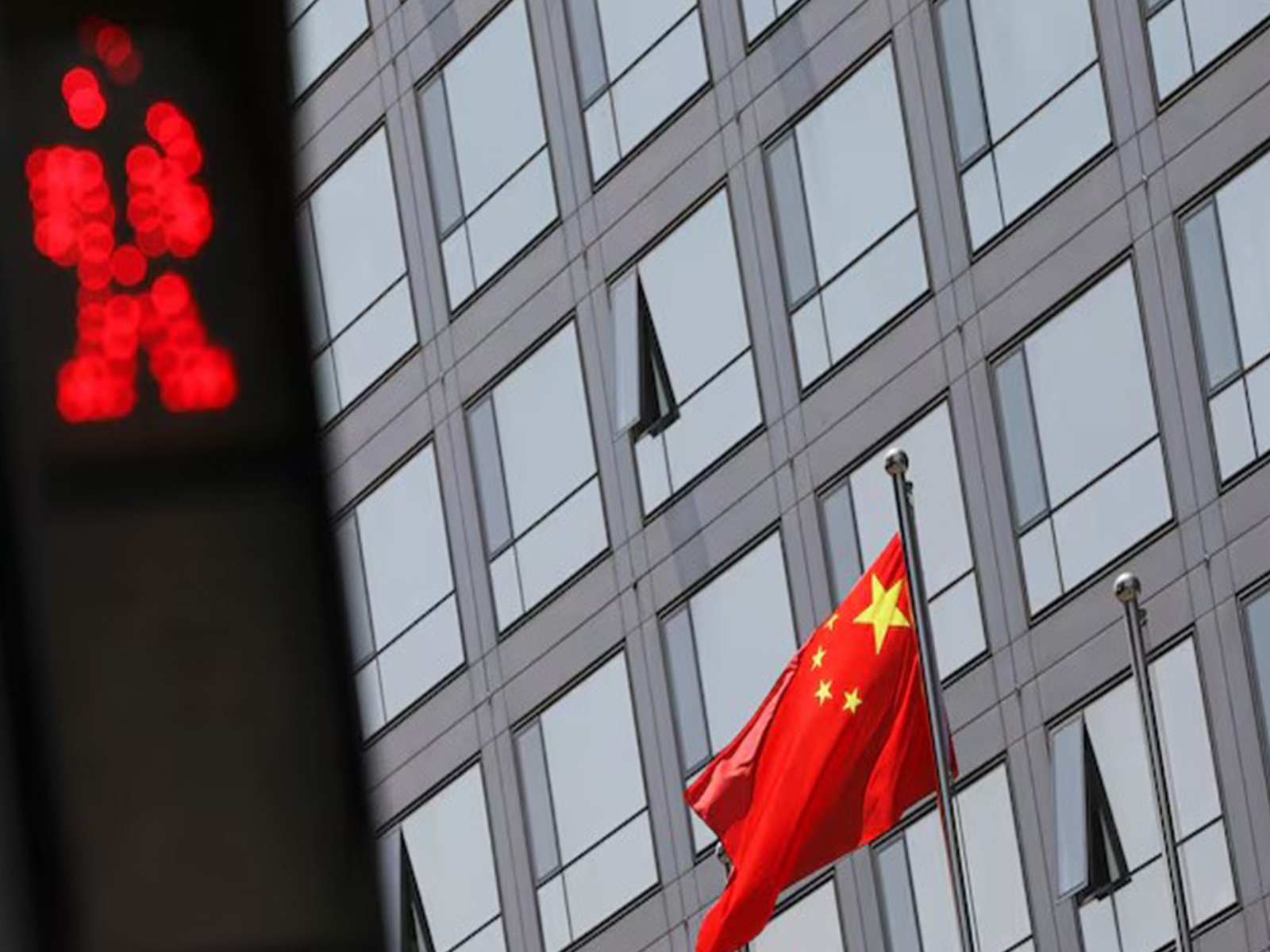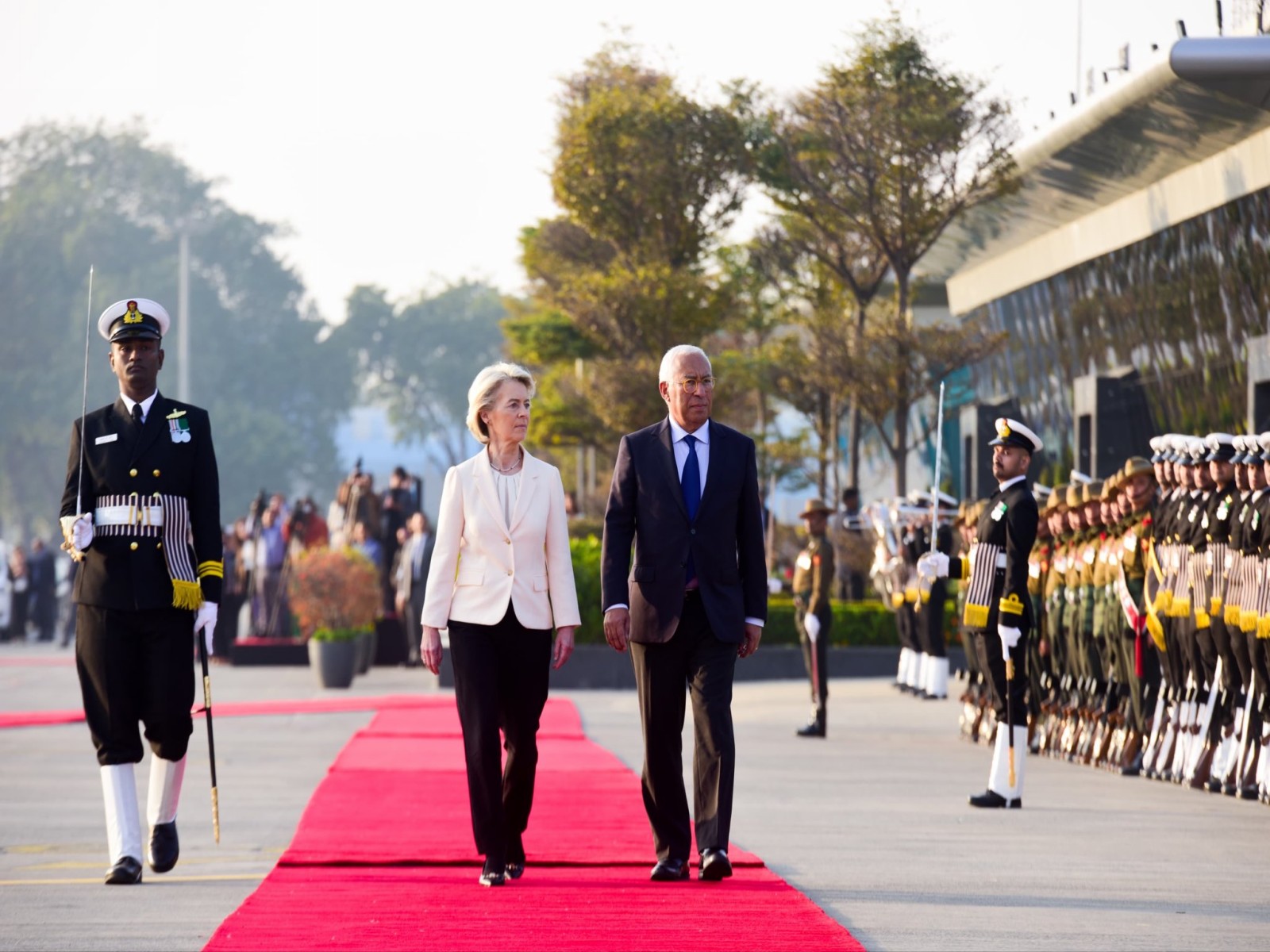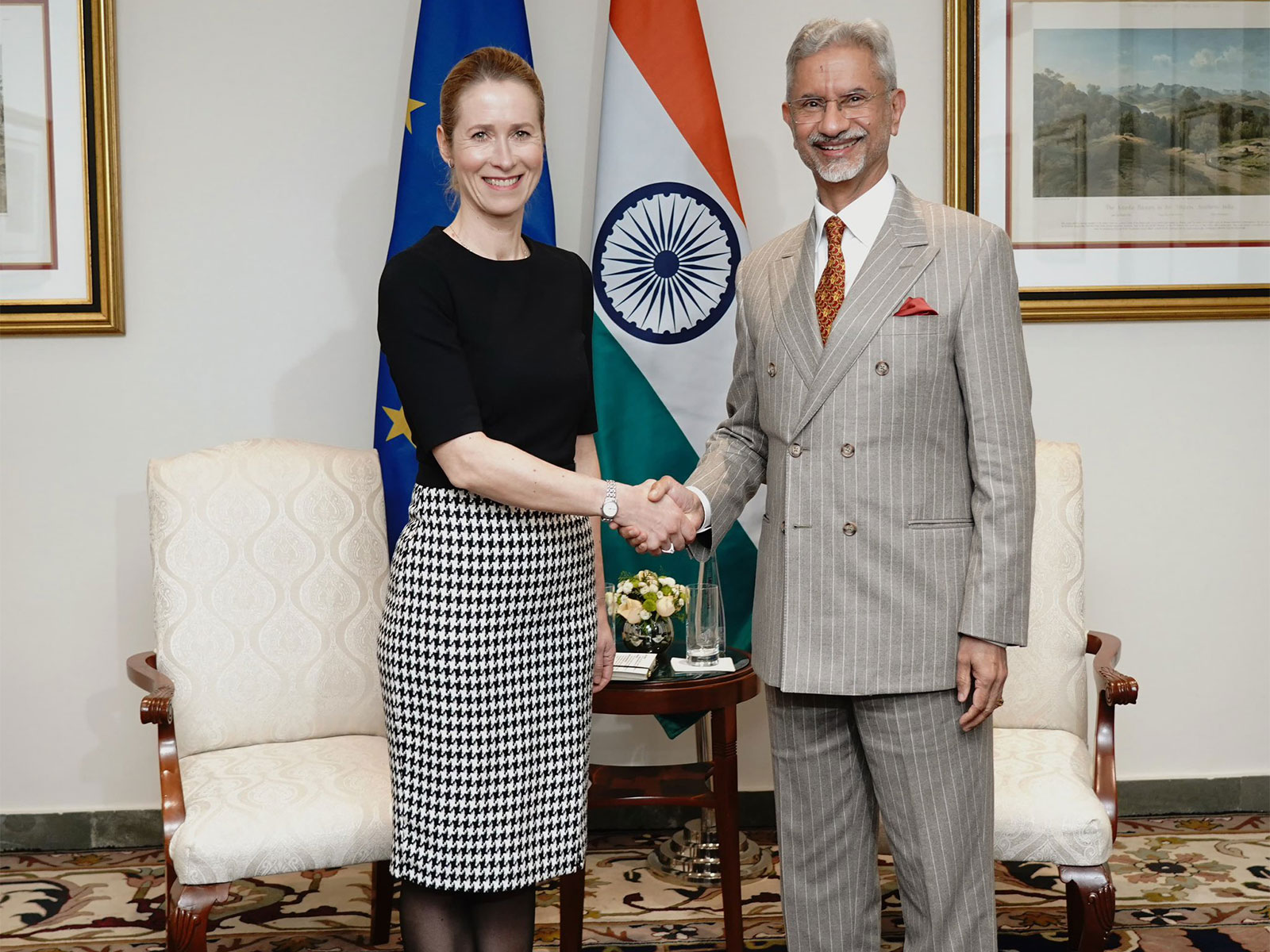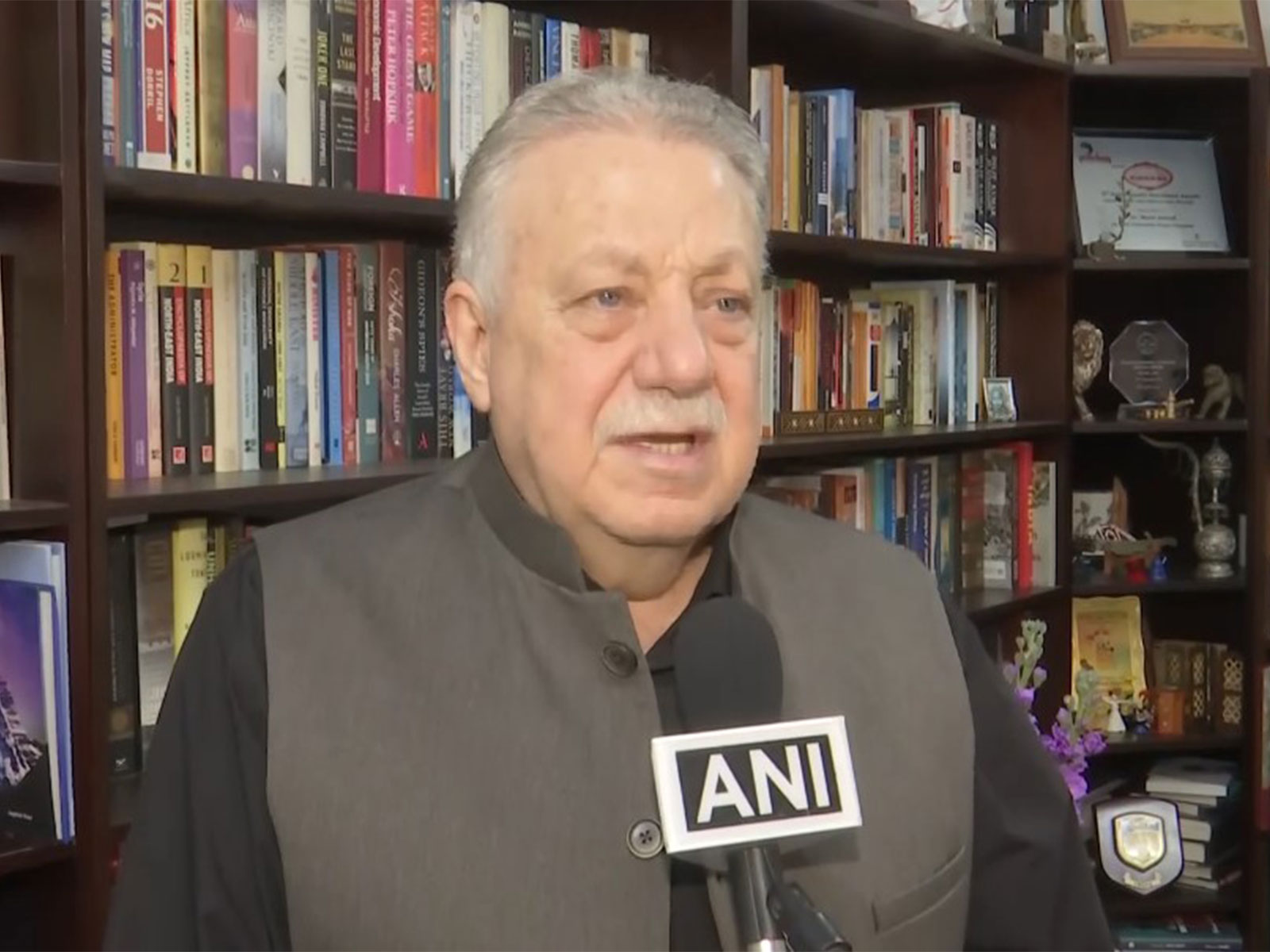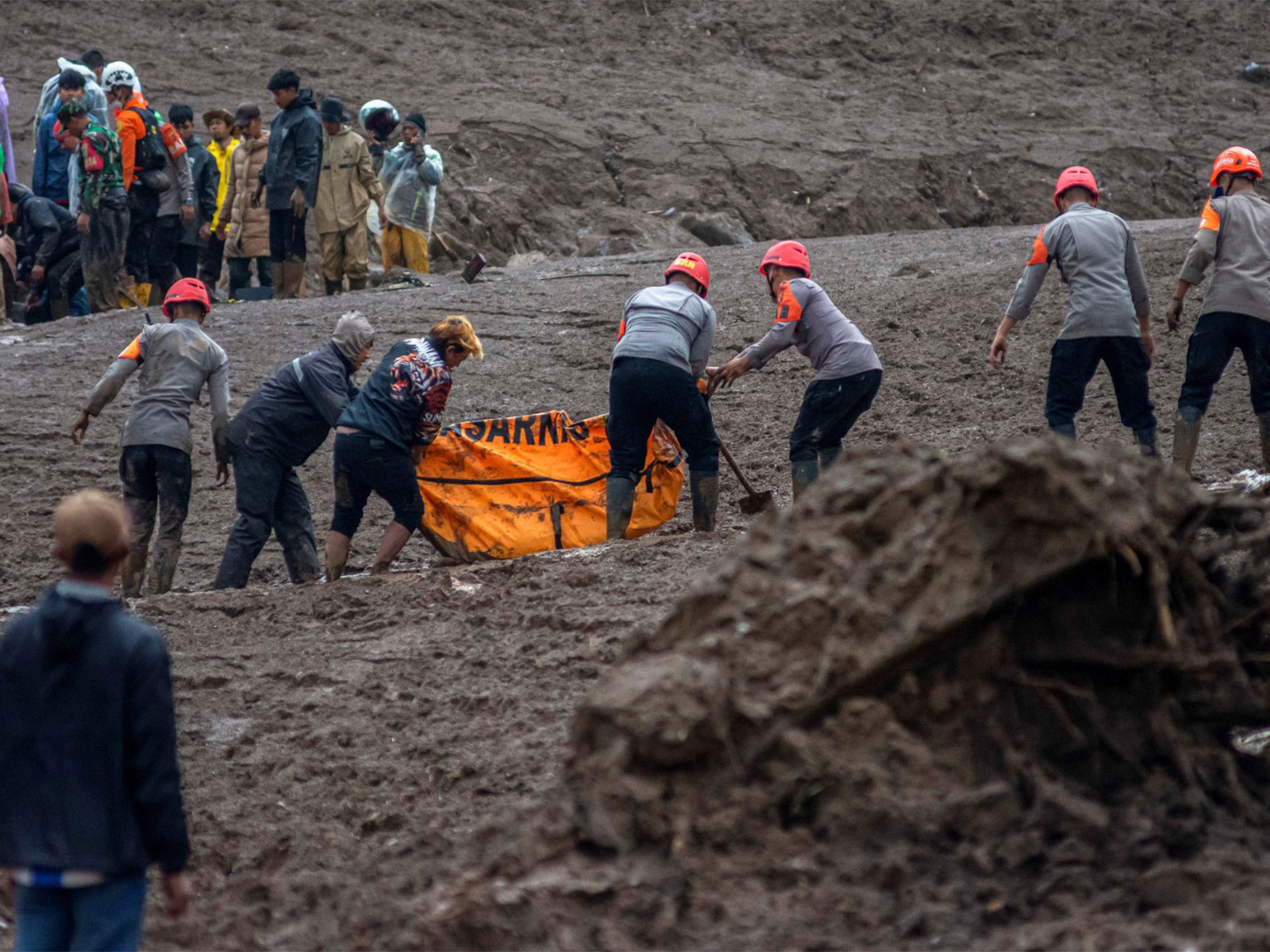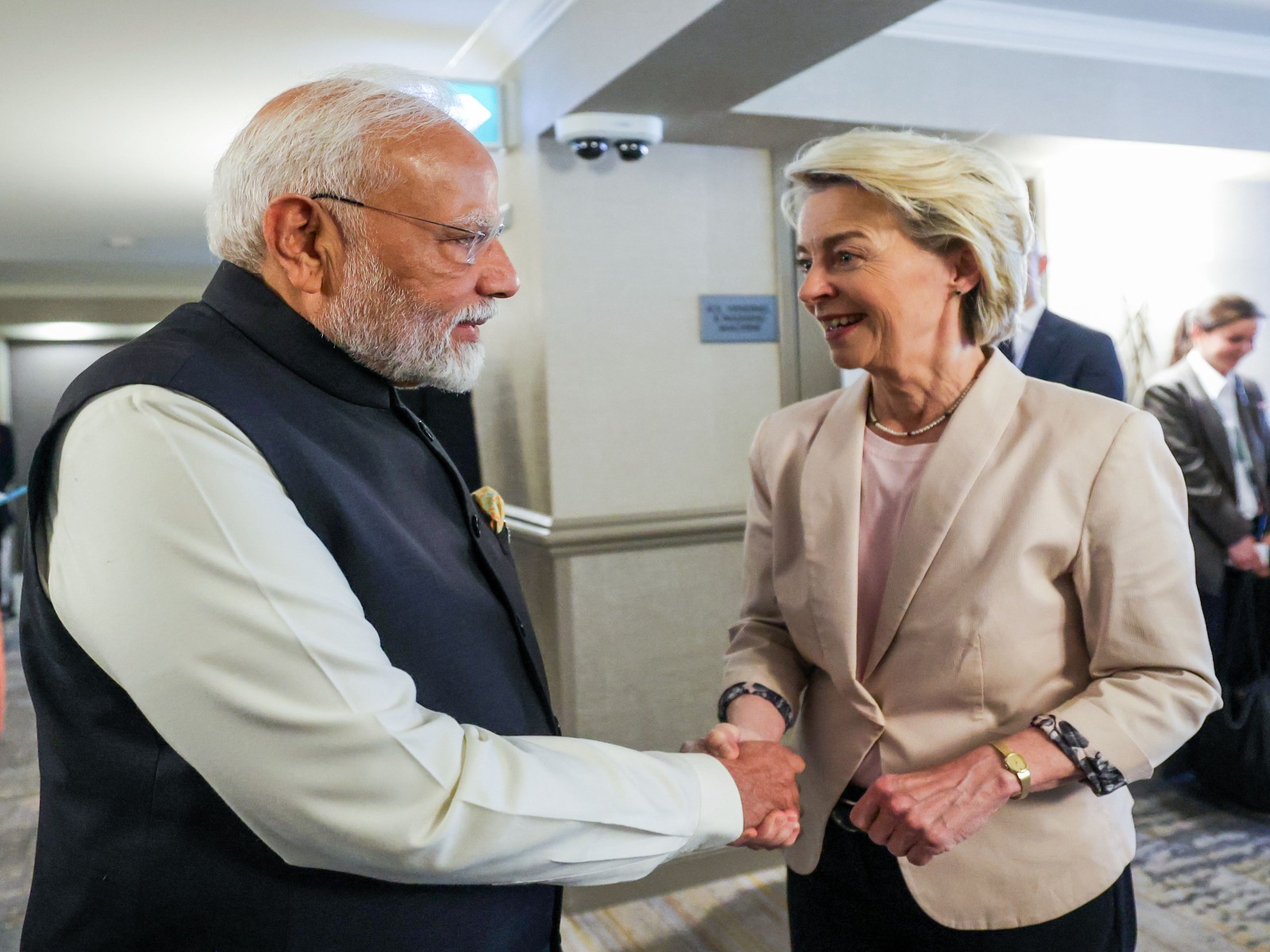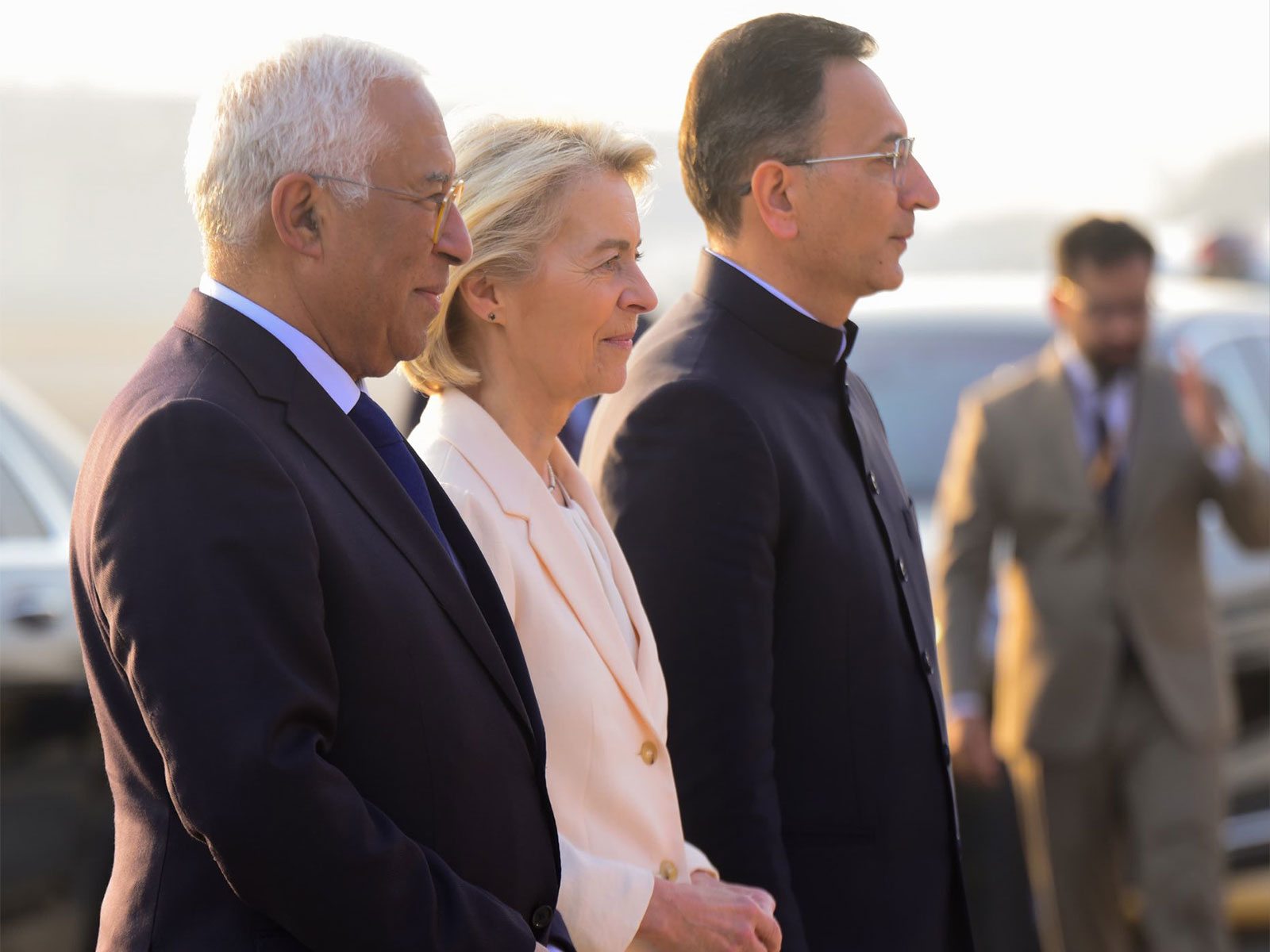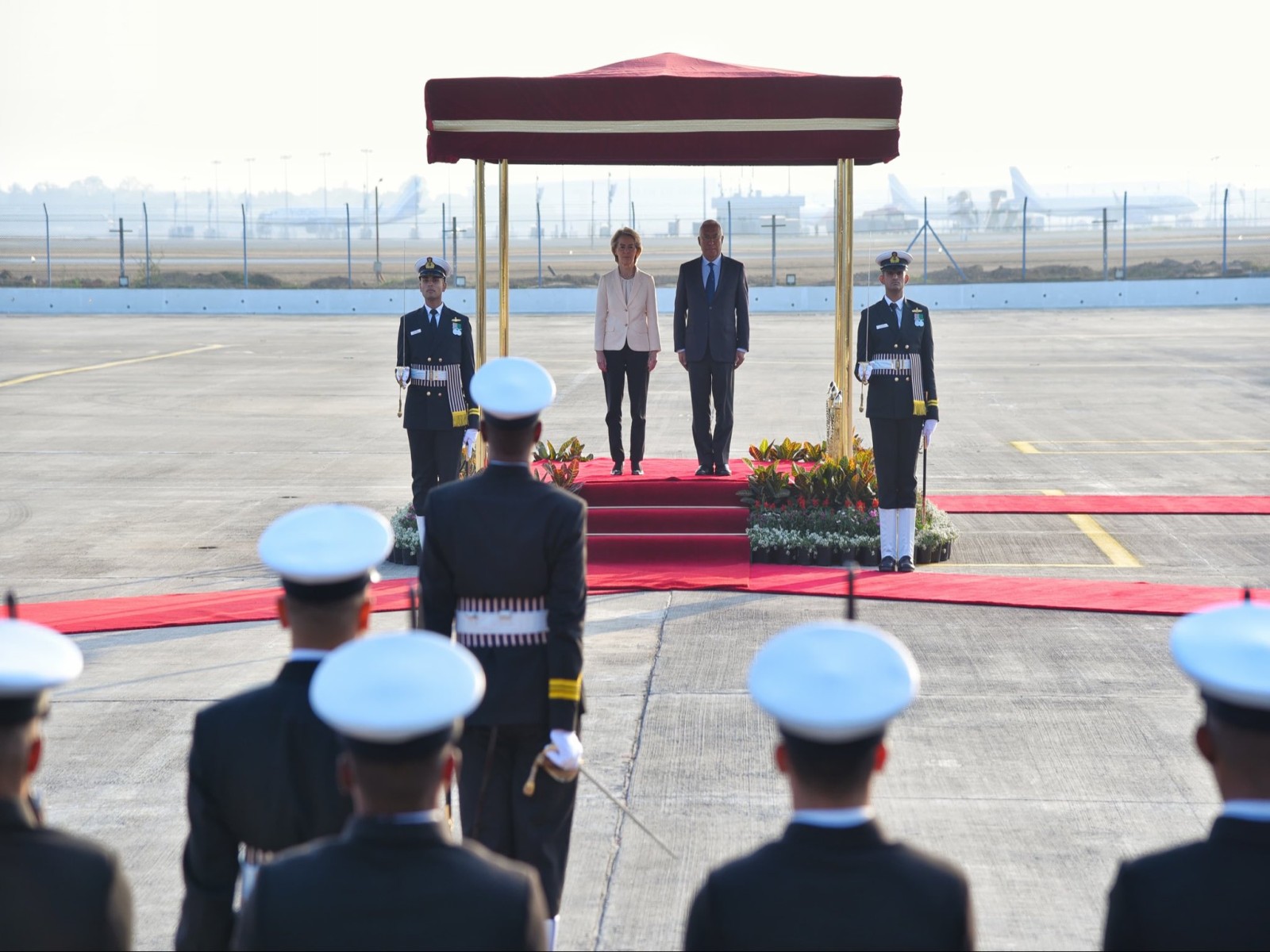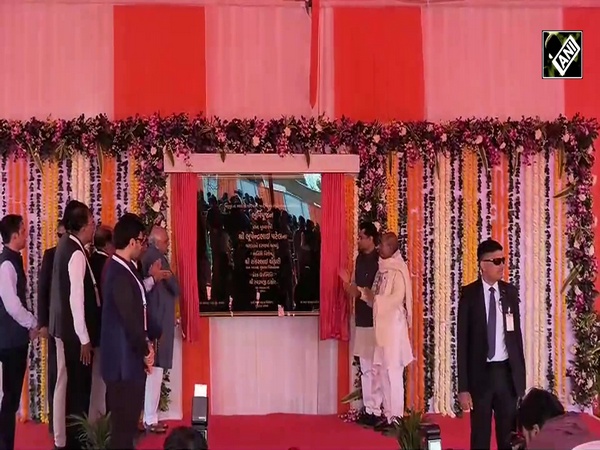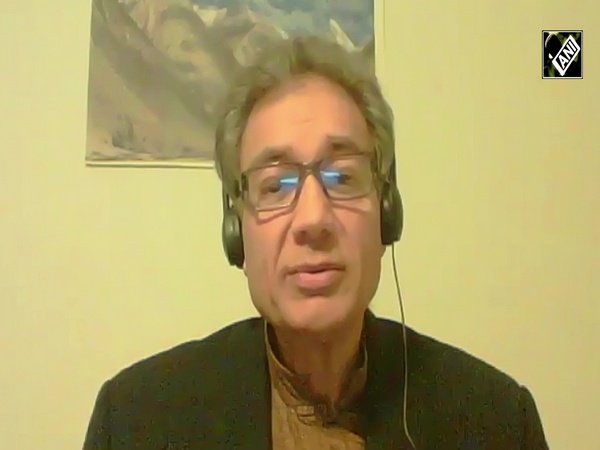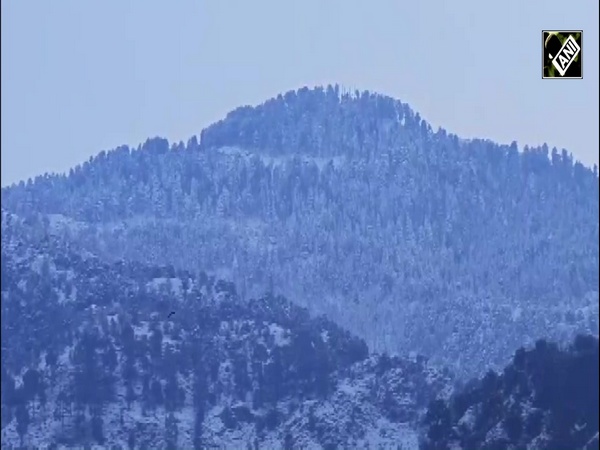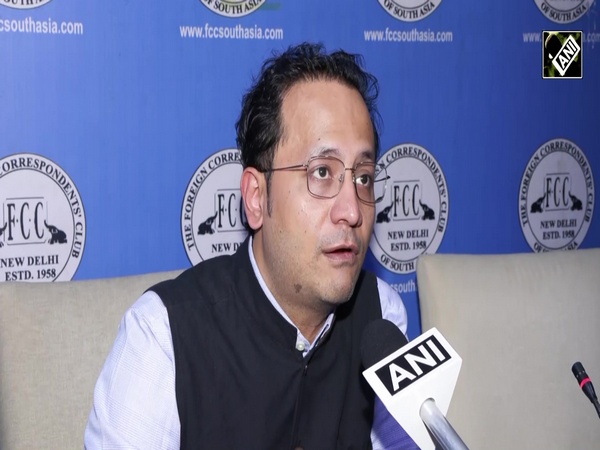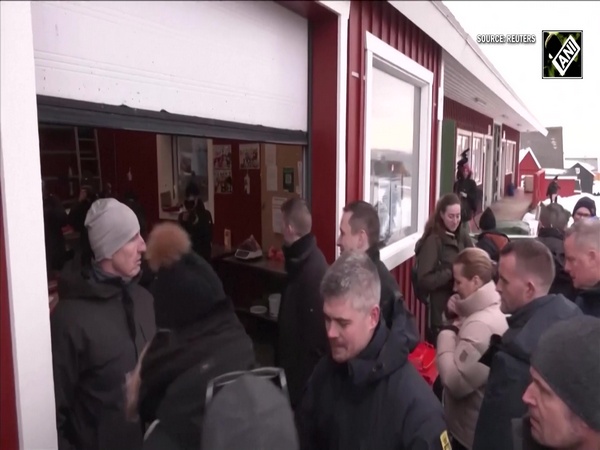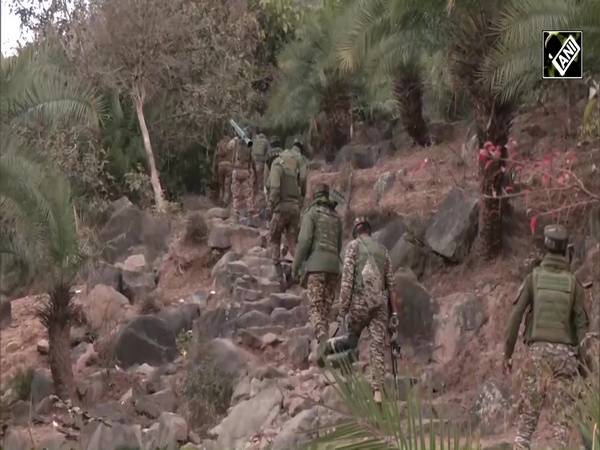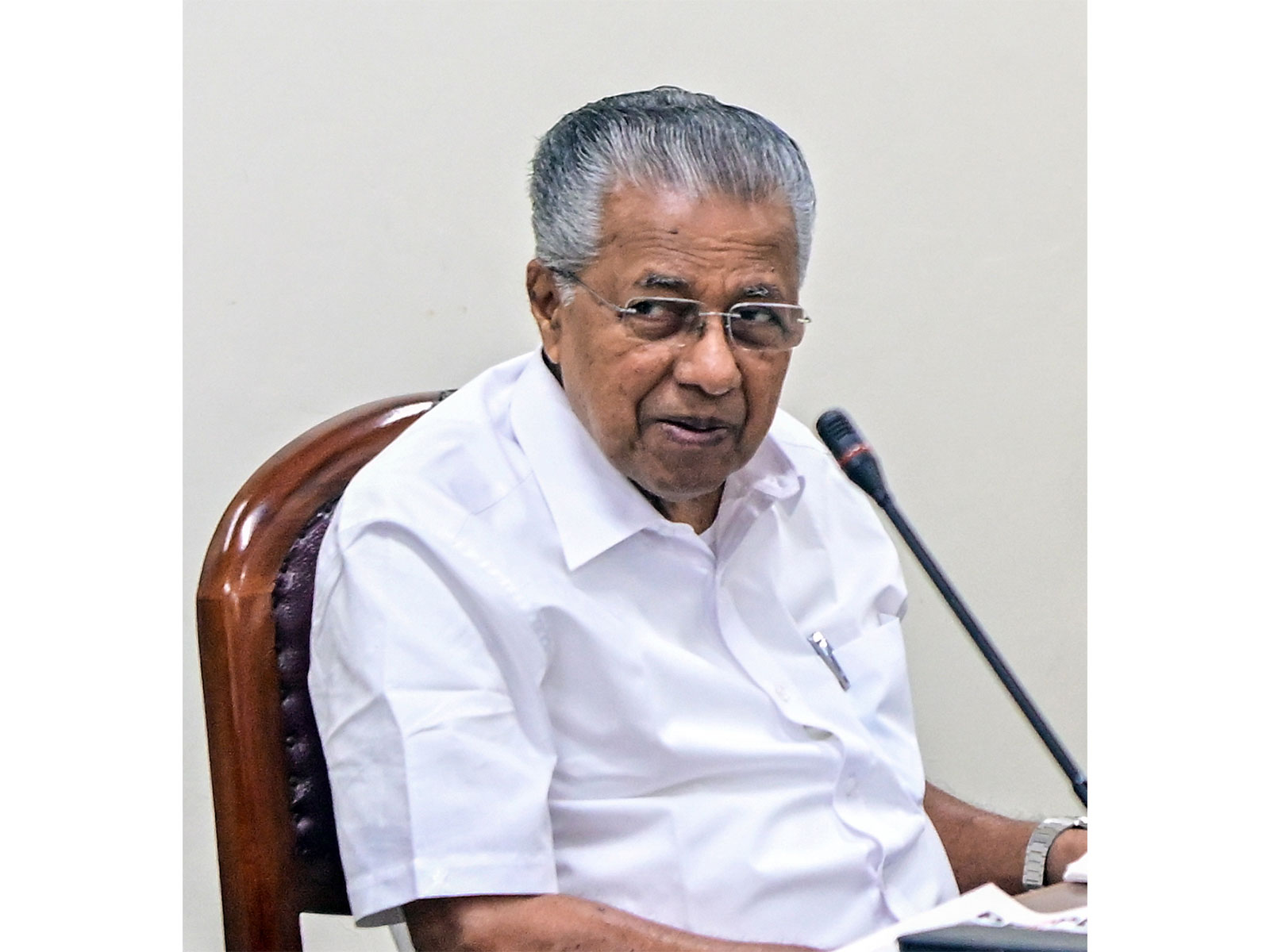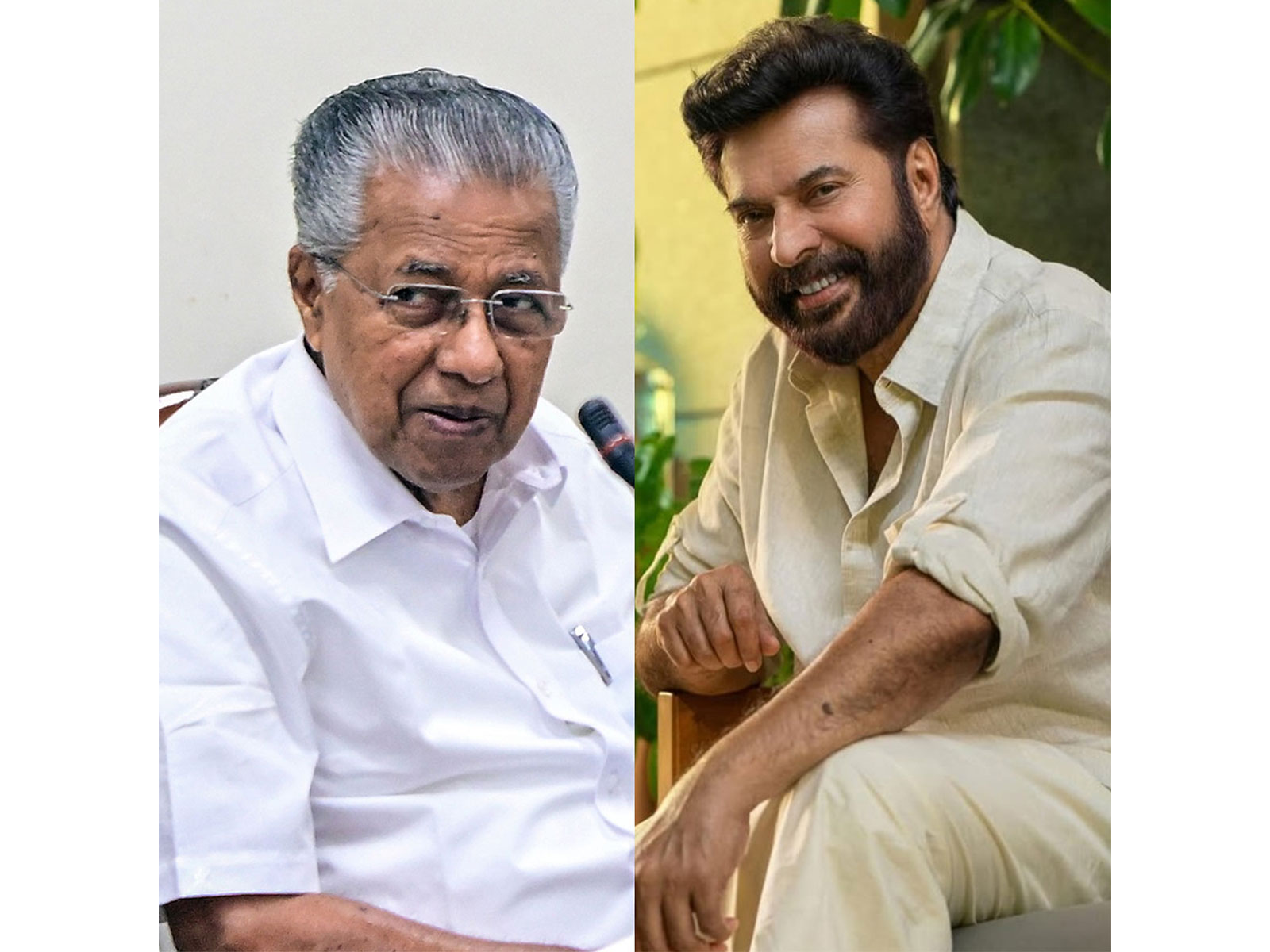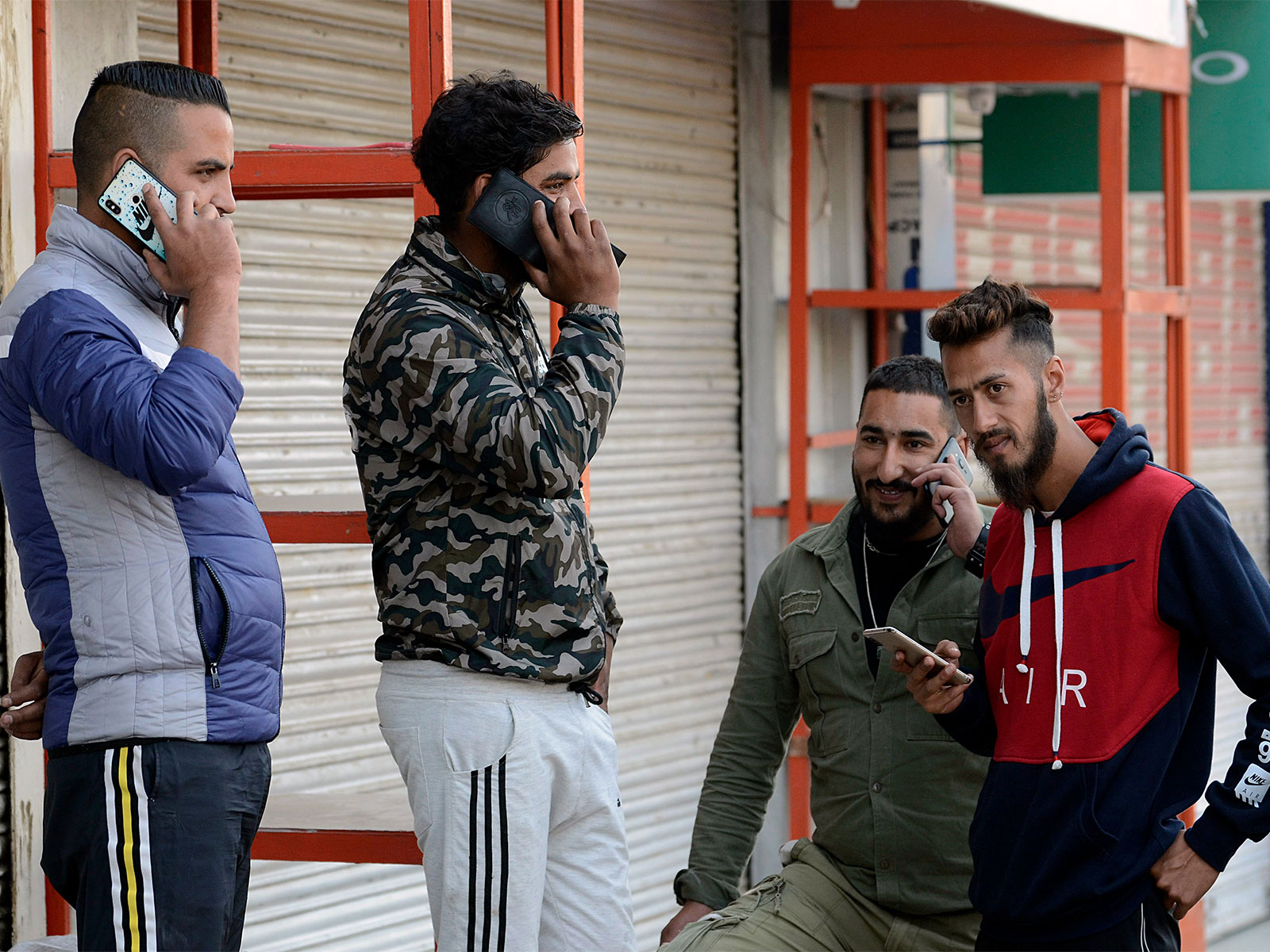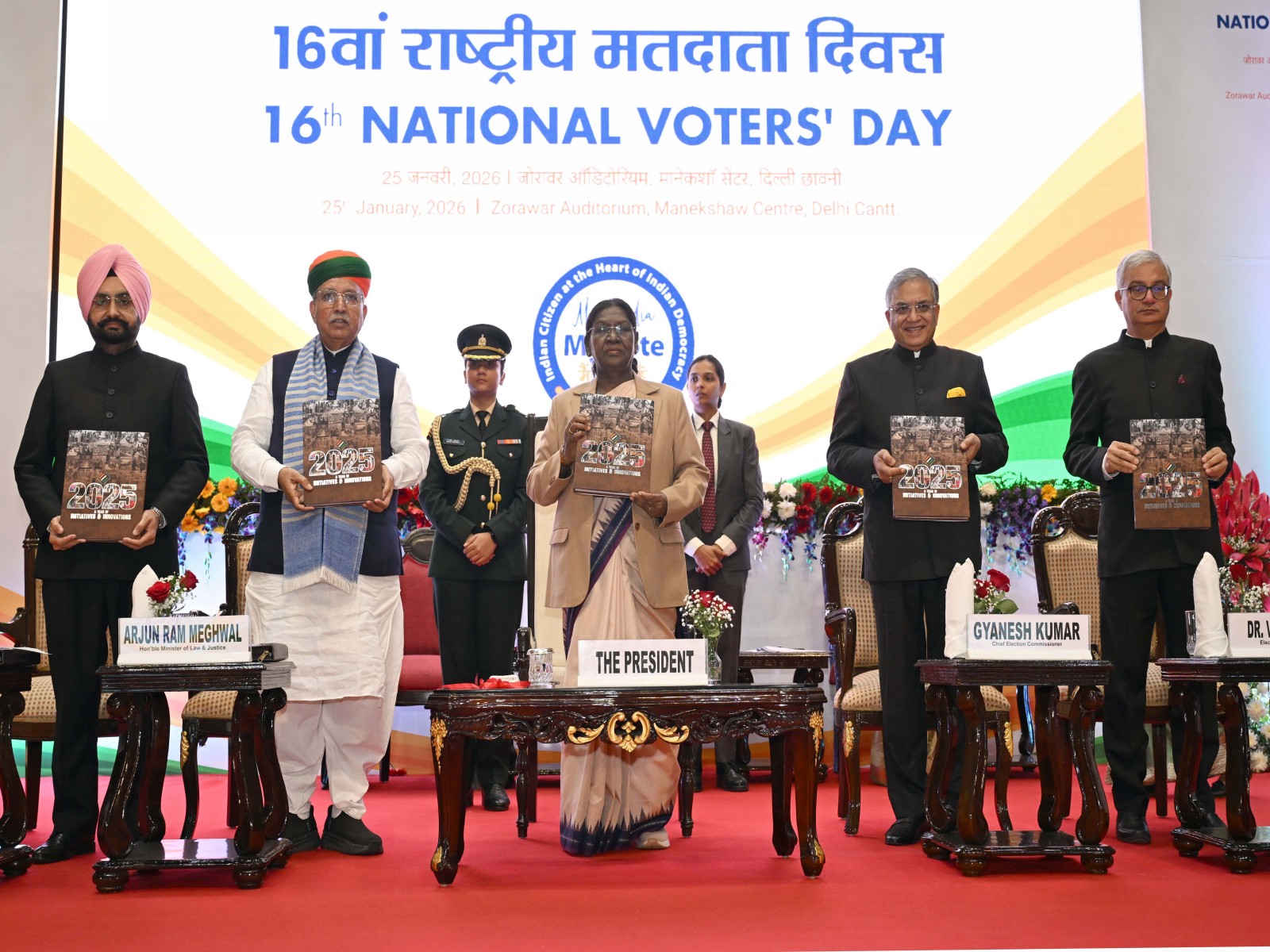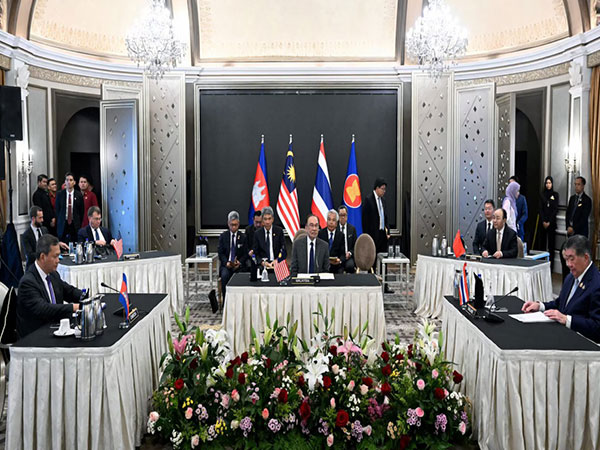
Cambodia, Thailand agree to ceasefire with ASEAN as observers
Aug 08, 2025
Kuala Lumpur (Malaysia), August 8 Cambodia and Thailand agreed to allow the Association of Southeast Asian Nations (ASEAN) to observe the ceasefire the two countries reached late last month to end fighting in a disputed border area, local media reported.
Malaysian state media Bernama said that an interim observer team comprising defence attaches from ASEAN countries, led by a Malaysian attache, will be assigned on both sides of the Thai-Cambodian border to monitor the ceasefire agreement on July 28.
Top officials of Thailand and Cambodia met on Thursday in Malaysia, the current ASEAN chair.
Thailand's Acting Minister of Defence Nattaphon Narkphanit met with his Cambodian counterpart Tea Seiha and concluded four days of talks.
Both continued to accuse each other of cross-border attacks, even after their leaders agreed to a cease-fire ending five days of fighting that began on July 24 and left 32 dead in Thailand and at least 13 in Cambodia. The two countries had been quarrelling for decades over their 817km (508-mile) undemarcated land border with the recent dispute breaking out after a landmine explosion on the border injured five Thai soldiers last month, with the resulting fighting killing at least 43 people.
Both sides have agreed to a ceasefire involving all types of weapons and any form of attacks on civilians and military objectives. All sides must avoid unprovoked firing towards the other side's positions or troop
The two countries resolved to maintain regular communications between all army areas and military regions along the border of both sides and strive to solve all issues peacefully.
They also agreed to convene the Regional Border Committee (RBC) Meeting within two weeks after the Extraordinary GBC Meeting on August 7, 2025.
The United States welcomed the developments as an "important step forward in solidifying the ceasefire arrangement and establishing the ASEAN observation mechanism", said US Secretary of State Marco Rubio in a statement on Thursday.
The July 28 ceasefire followed economic pressure from US President Donald Trump, who had warned the nations that he would not conclude trade deals with them if the fighting persisted. Washington subsequently lowered tariffs on goods from the two countries from 36 percent to 19 percent at the beginning of this month, Al Jazeera said.
